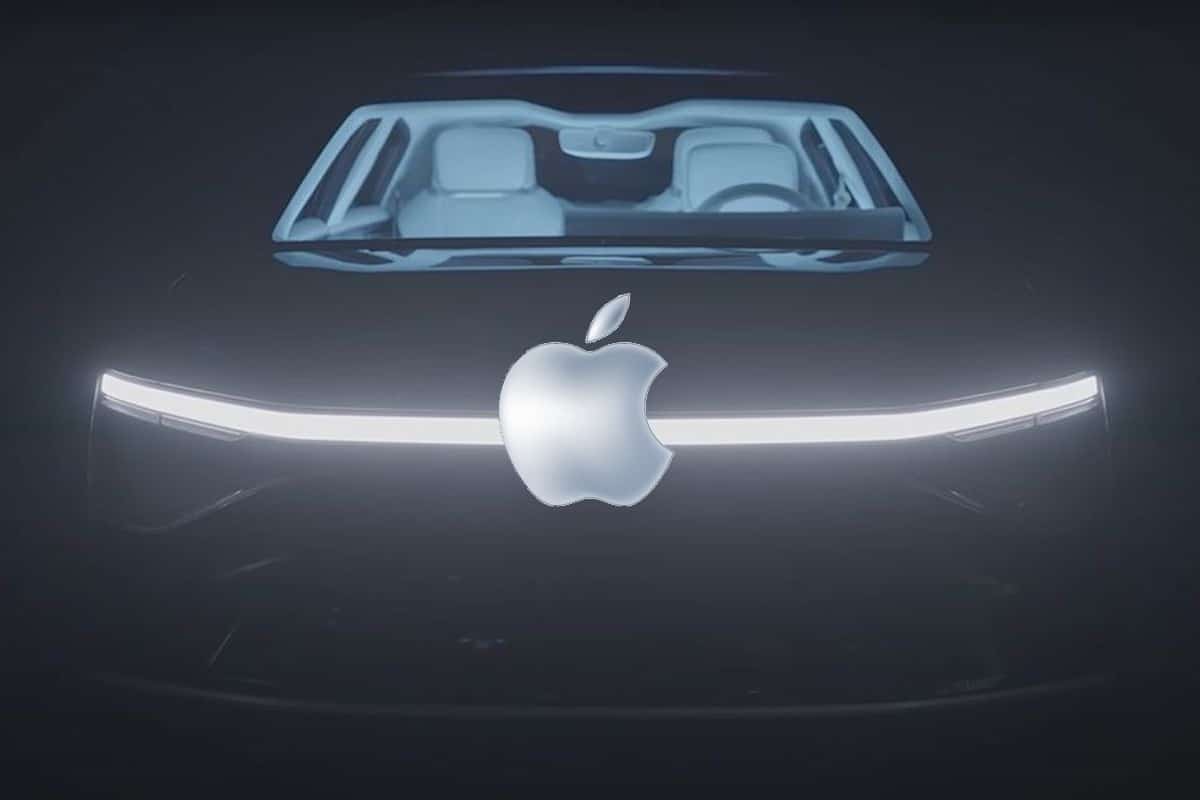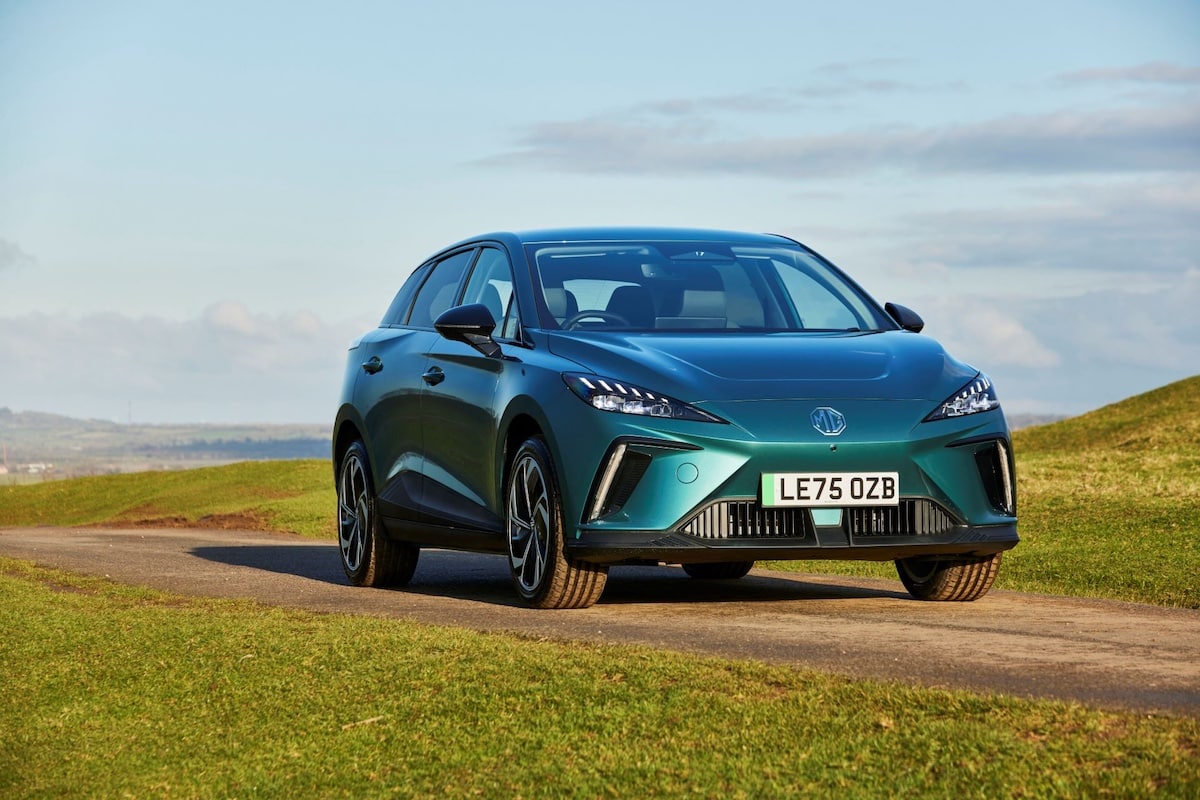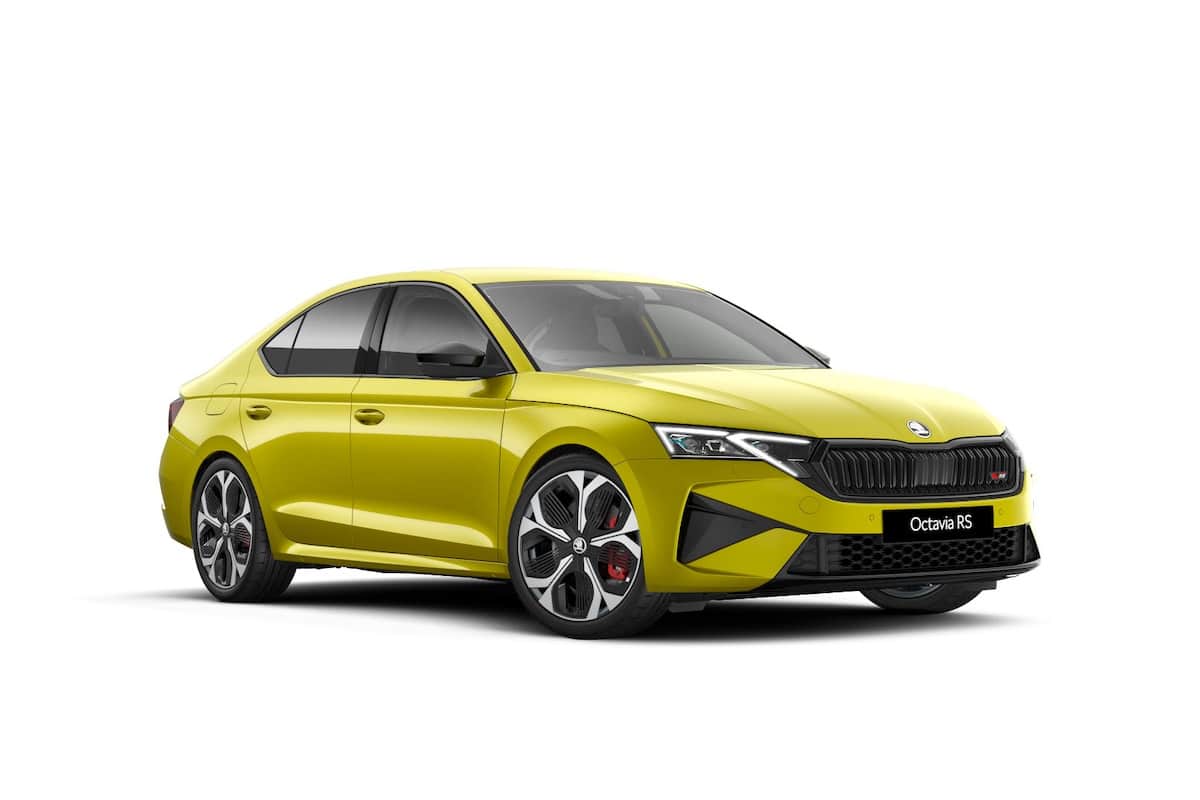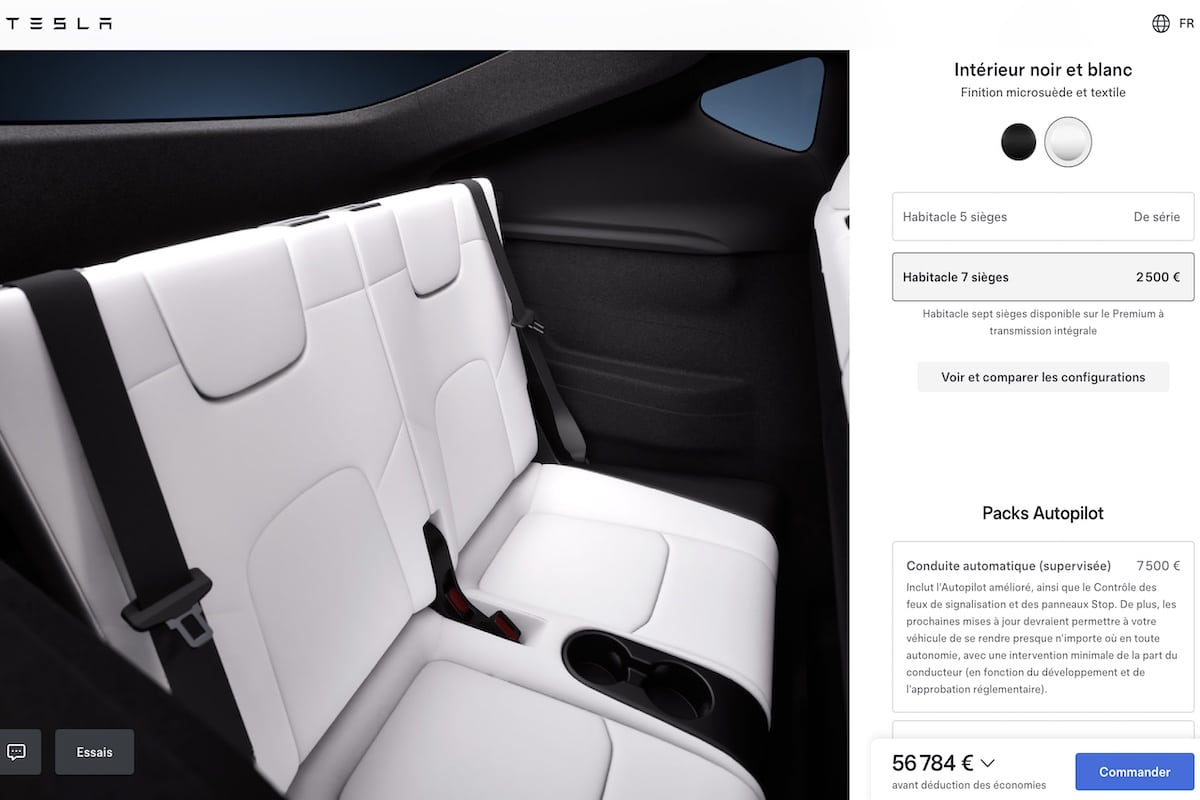Has Apple made the biggest mistake in its history by abandoning the automobile?

It seems Apple has missed a historic turn while Huawei, Xiaomi, and NIO, to name a few, are heading in the right direction.
Has Apple lost its Mojo? A dramatic change is taking place in the automotive industry, where smartphone manufacturers like Huawei and Xiaomi, along with NIO with a different strategy, are redefining the electric vehicle market. These Asian companies, already renowned for their technological innovations, appear to have understood that an electric car today is ultimately just a smartphone on wheels. Meanwhile, Apple seems to have missed the opportunity to get on the bandwagon.
Huawei and Xiaomi, leading figures in the Chinese tech sector, have entered the automotive world with electric models that incorporate their ecosystems, their own operating systems, and their driver assistance tools. These vehicles directly target European luxury brands such as BMW, Mercedes, and Audi. While Huawei is forming alliances with existing manufacturers, Xiaomi has chosen a different path by unveiling its first electric sedan, the SU7, which will soon be joined by the exceptional YU7 SUV. These models, designed according to the highest international standards, benefit from partnerships with major players like Nvidia, Qualcomm, and Bosch.
NIO, already a key player in light electric mobility, has broken the trend by venturing into the smartphone industry. By developing phones specifically designed to integrate into electric vehicle architecture, NIO realized it had just one step left: to build them. This is now a reality with a wide range and the new Firefly, a compact and affordable model designed to meet urban mobility needs while maintaining seamless connectivity with smartphones.
While these companies are redefining the future of mobility, Apple remains behind. Although rumors continue about an “Apple Car” in 2027, or even 2028, the Apple firm does not seem eager to make the leap. Meanwhile, Huawei, Xiaomi, and NIO are laying the groundwork for a new generation of vehicles where AI integration, software, and connectivity are rewriting the rules of the game. Even Foxconn, the manufacturer of iPhones, is not standing aside and is eyeing the automotive sector. The company has expressed interest in acquiring Nissan and is closely monitoring the ongoing merger with Honda, hoping to find its place there.
With these advancements, Chinese giants are not just building cars—they are creating ecosystems that captivate users far beyond traditional devices. Once pioneers of innovation, Apple might soon regret missing out on this revolution.
READ ALSO: Mercedes is aligning with Apple
This page is translated from the original post "Est-ce qu’Apple a fait la plus grande erreur de son histoire en renonçant à l’automobile ?" in French.
We also suggestthese articles:
Also read



